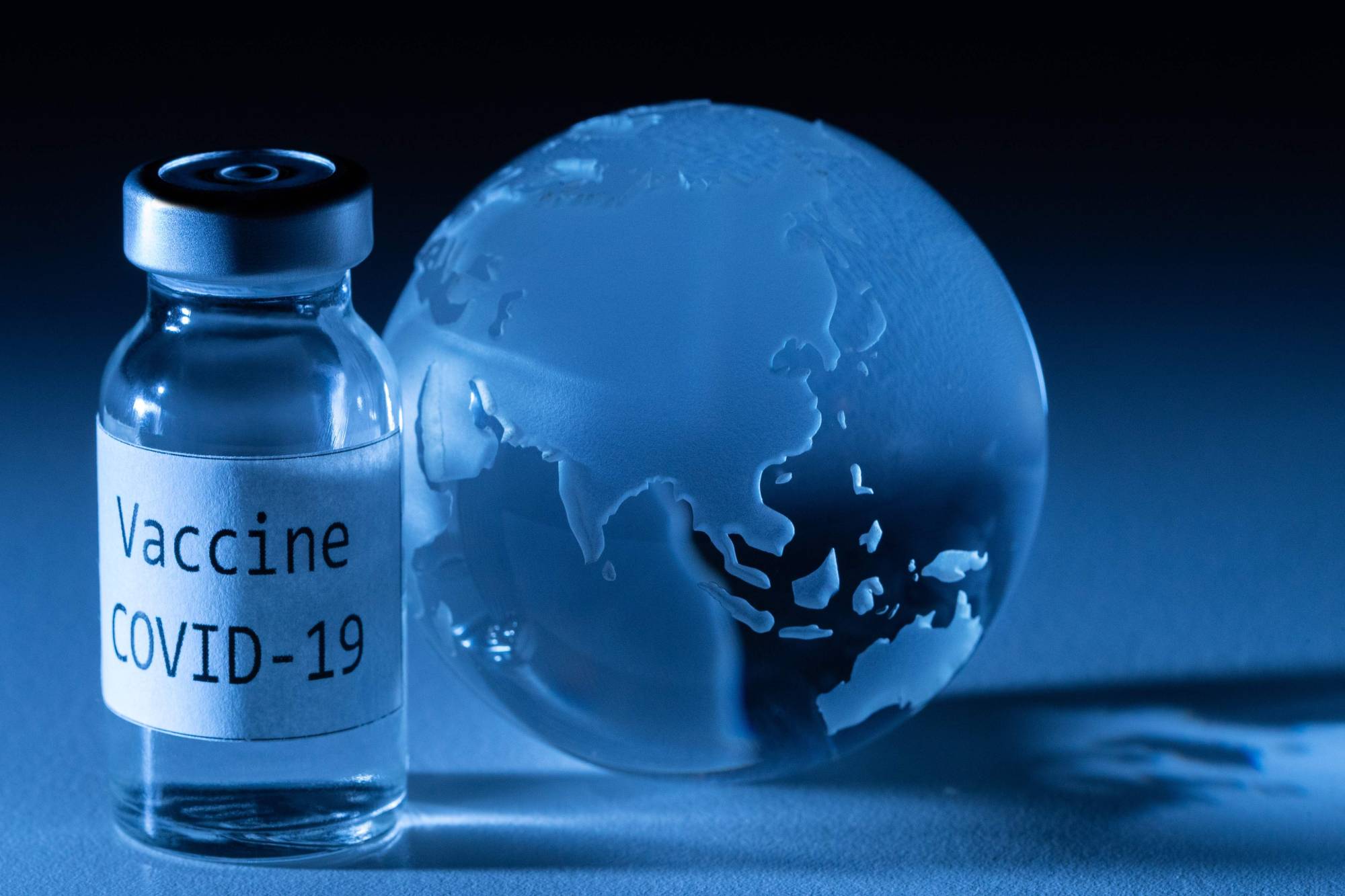The front-runners in the vaccine race seem to be working far better than anyone expected. Pfizer and BioNTech announced this week that their vaccine had an efficacy rate of 95%. Moderna put the figure for its vaccine at 94.5%. In Russia, the makers of the Sputnik vaccine claimed their efficacy rate was over 90%.
"These are game changers,” said Dr. Gregory Poland, a vaccine researcher at the Mayo Clinic. "We were all expecting 50 to 70%.” Indeed, the Food and Drug Administration had said it would consider granting emergency approval for vaccines that showed just 50% efficacy.
From the headlines, you might well assume that these vaccines - which some people may receive in a matter of weeks —will protect 95 out of 100 people who get them. But that’s not actually what the trials have shown. Exactly how the vaccines perform out in the real world will depend on a lot of factors we just don’t have answers to yet — such as whether vaccinated people can get asymptomatic infections and how many people will get vaccinated.


















With your current subscription plan you can comment on stories. However, before writing your first comment, please create a display name in the Profile section of your subscriber account page.